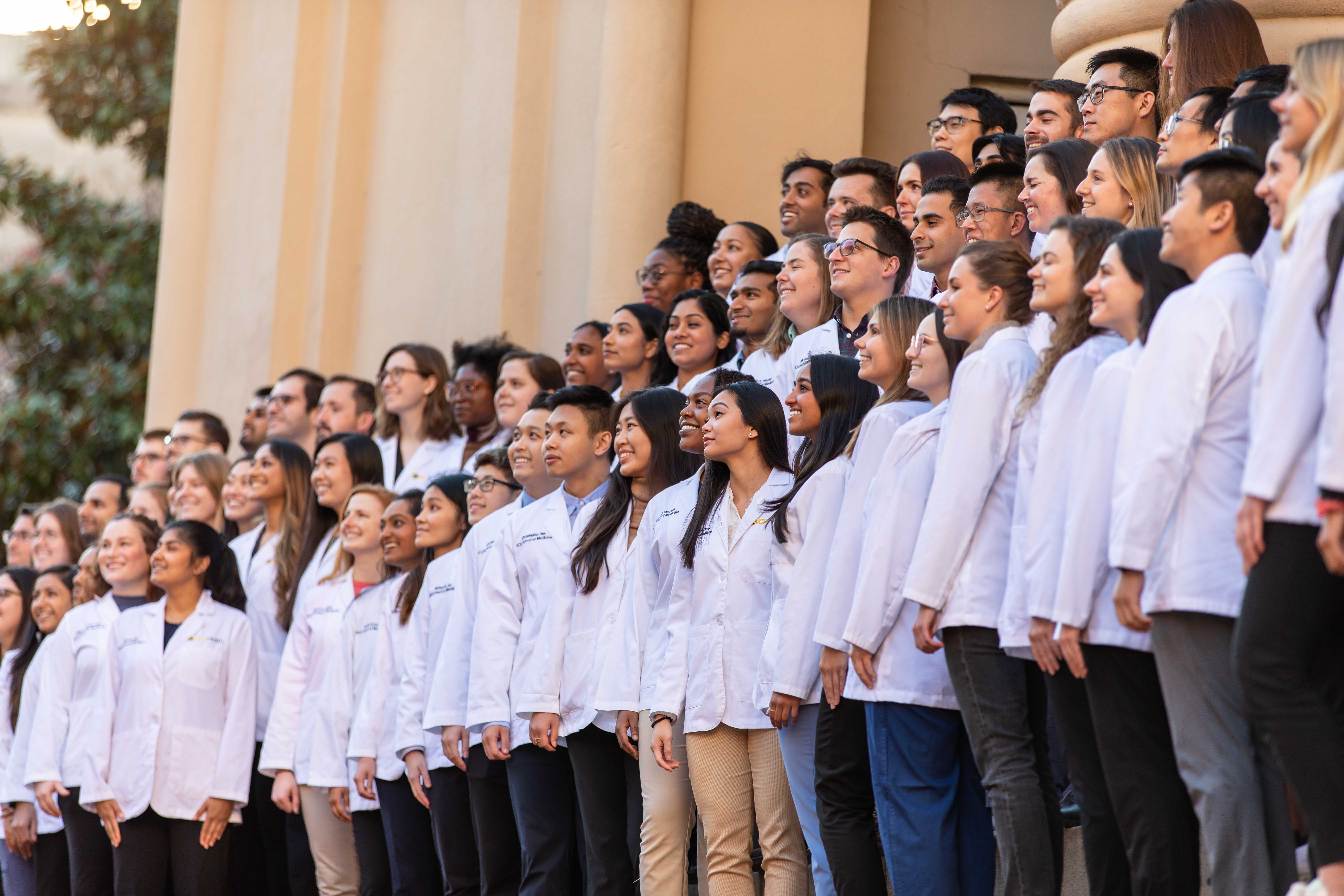As an academic medical center located in the heart of Richmond, Virginia, our training programs are built on our commitment to innovation, and improving the health and wellbeing of our community. By engaging with those around us, our students and trainees learn to thrive in their careers while making a real difference in the lives of others.


We encourage our students and trainees to maintain a healthy, balanced life, and Richmond is a wonderful place to engage in that well-rounded lifestyle. As a mid-sized city with a metropolitan population of 1.3 million, Richmond provides stimulating activities while maintaining its intimate feel and unique vibe.

The engagement of alumni, donors and friends is vital to sustaining the VCU School of Medicine’s core values: a life-changing learning experience for students, exceptional care for the sick and a curiosity for medical research and discovery.
Whether you are enrolled in a clinical or research training program, VCU School of Medicine will support you with a broad range of resources to facilitate and enhance your experience.
Office contacts, policies, and reference documents are readily available to help with your application and administrative needs. We are here to ensure your success every step of the way.
The Office of Faculty Affairs is the central location for oversight of School of Medicine faculty-related policies, guidelines, promotions and tenure and coordination of activities that enhance work-life balance and professional development.
VCU Health’s professional development programs provide continuing education opportunities for health care providers across the MCV Campus, including School of Medicine faculty.
With more than 800 physicians across 200 clinical specialties and subspecialties, we are proud to provide compassionate and comprehensive care to improve human life.
With more than 1,000 students from around the world pursuing medical degrees, graduate degrees and specialized certificate training, VCU School of Medicine is committed to educating the clinicians, scientists and scholars of tomorrow.
We are proud to support students, faculty and trainees pursuing innovative research. Learn about our facilities, funding opportunities, partnerships and other resources.